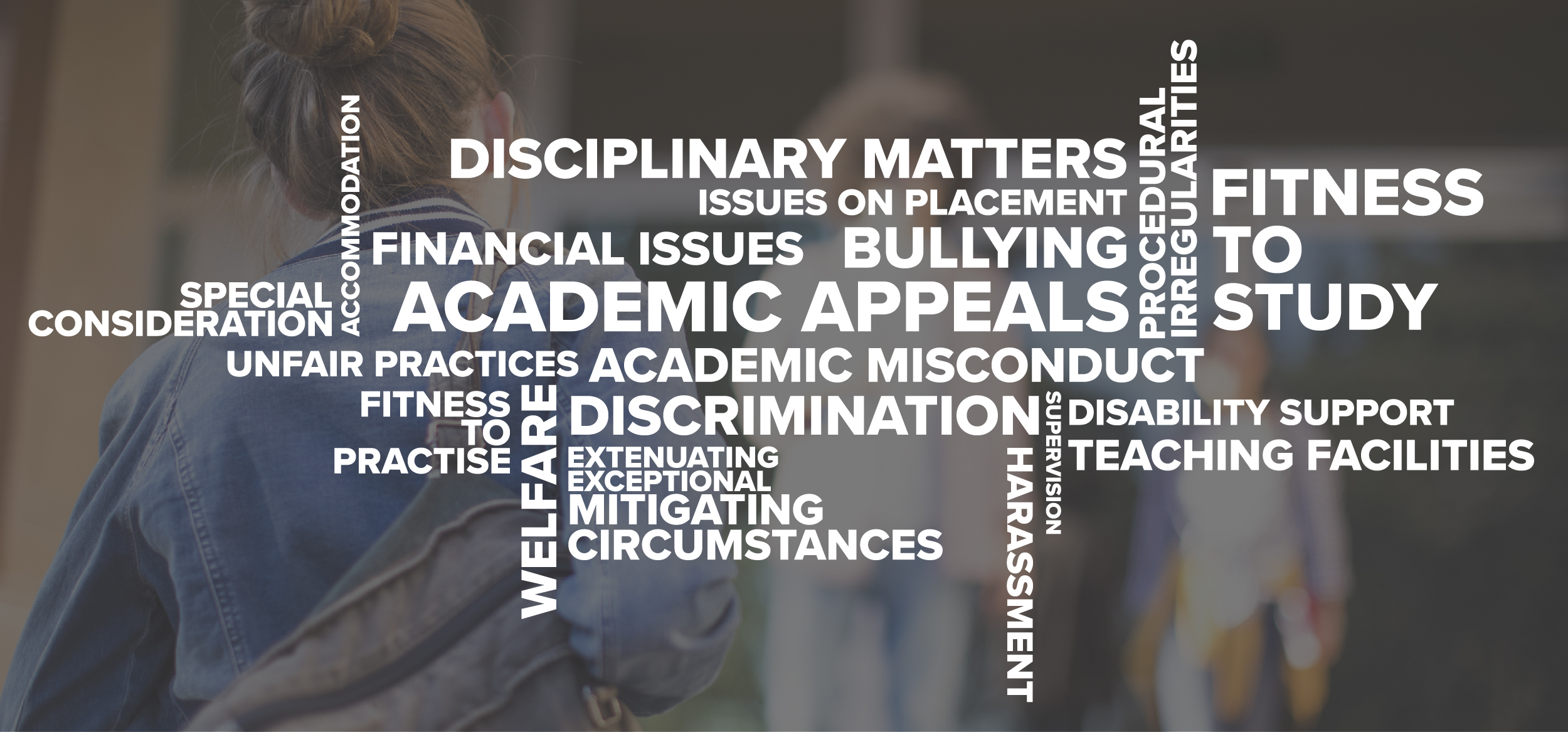Congratulations on your new role!
We know you have a busy year ahead, which is why we’ve put together this “Quick guide to the OIA” for you.
Most student complaints and appeals are resolved through internal processes. But when a student is unhappy with the outcome of those processes, it’s important that they know what their options are.
We hope that, by understanding who we are and what we do from the start, you can signpost students to our Scheme and to sources of support, such as your students’ union, association or guild’s advice service.
More information about the areas covered in this quick guide can be found on our website.
Who we are and what we do
We review complaints from students about higher education providers in England and Wales. We also share our learning from complaints with providers and student organisations as an important part of improving practice. Our service is independent and free for students and our process is impartial and transparent.
Students will normally have completed their provider’s internal processes before coming to us. This gives the provider a chance to investigate what has happened and put things right where necessary.
Some internal processes we can look at include:
- student complaints
- academic appeals
- academic and non-academic disciplinary matters
- fitness to practise
- fitness to study
- bullying and harassment
- breaches of codes of conduct and other regulations
Who can complain to us?
- A student who is or was registered at a higher education provider
- A student who is or was studying for an award granted by a higher education provider
- The term “student” includes trainees and apprentices and those studying at a campus abroad for an award from a provider in England or Wales
Some examples of complaints we can’t look at:
- Admissions (unless you are a former student of a higher education provider who is applying for re-admission, and the complaint is related to your time as a student)
- Academic judgment – for example the final mark of a piece of work (but we can look at the marking process e.g. bias)
- Student employment
- Provider not a member of our Scheme
- There are ongoing legal proceedings

How our processes work
When a student has reached the end of the provider’s procedures and there are no further steps that they can take internally, the provider will usually issue a Completion of Procedures (COP) Letter.
Students have 12 months to bring a complaint to us. This is a strict deadline and the clock normally starts from the date the COP Letter was issued. It’s worth remembering that the longer a student waits to complain to us, the more difficult it might be to put things right if we find that things have gone wrong.
The student only needs to send us the COP Letter, the final decision and their completed and signed Complaint Form. They can complete the Complaint Form online. If we need any other information to review the complaint, we will ask the provider and/or student for it.
Our Rules and Rules Guidance explain in more detail how our Scheme works, who can complain and the types of complaint we can and can’t look at.
Our review
We are a review body and we won’t normally investigate matters afresh.
When coming to review a case we generally ask:
- Did the provider follow its procedures?
- Were the procedures fair?
- Was the provider’s final decision reasonable?
Our process flow-chart provides a visual guide of how our Scheme works.
